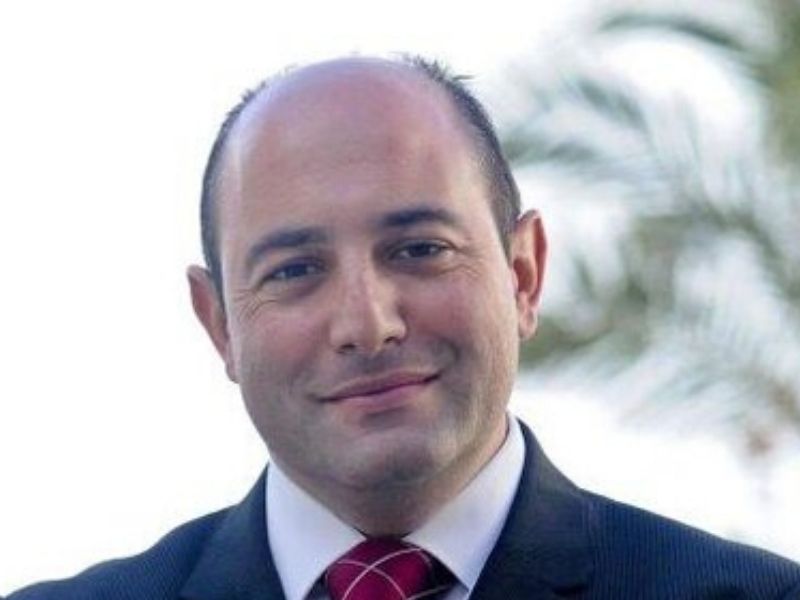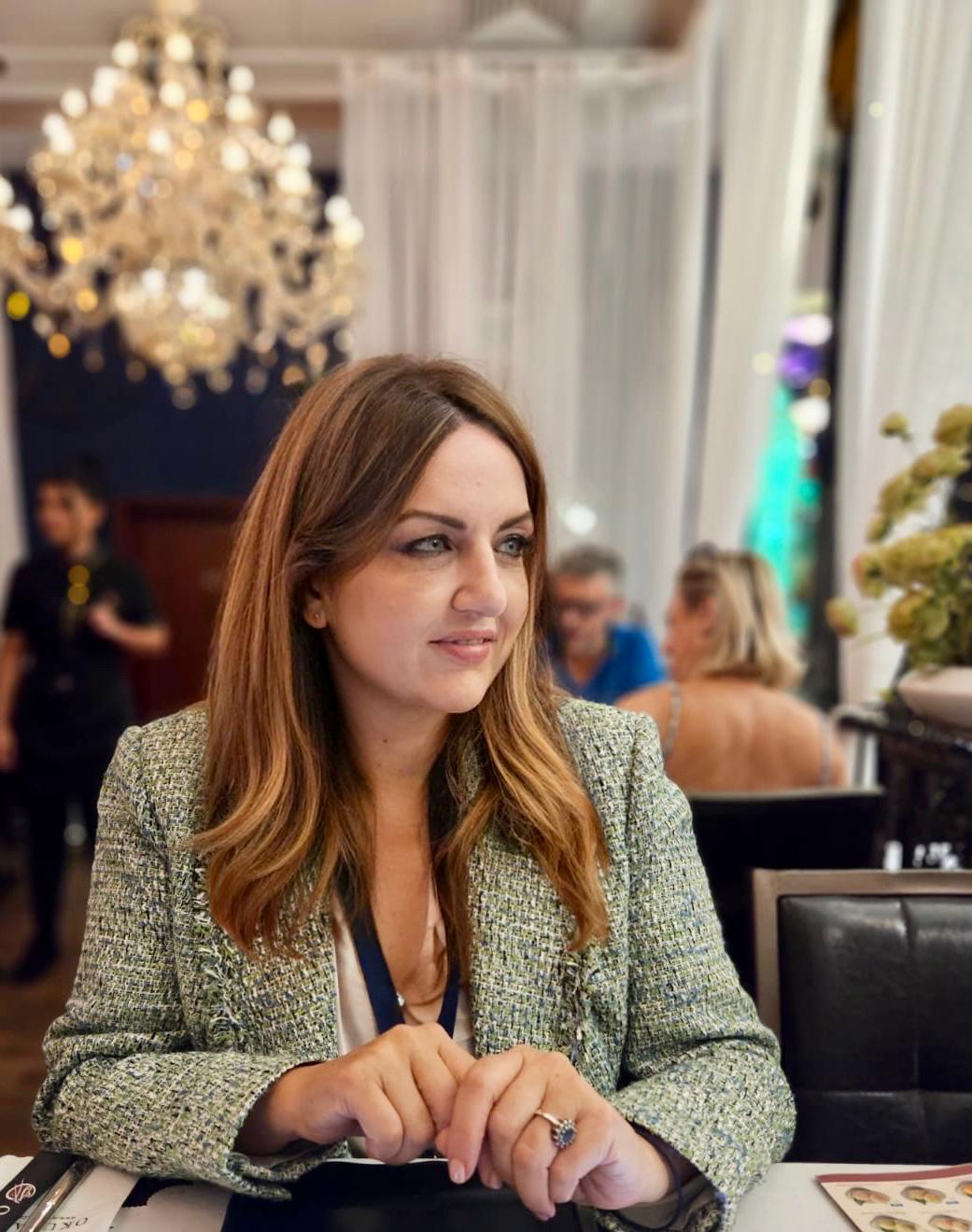A government official who was present following the infamous late night press conference that left a group of journalists locked up in a room in Castille washed his hands of the matter and insisted to a public board of inquiry that he did not form part of the group of men preventing them from leaving.
Reuben Sciberras, who is Head of the secretariat at the tourism ministry, felt he had to make it clear to the three Judges that he had nothing to do with the lock-up but pointed out that he himself had wanted to leave after the press conference and, instead, had to wait.
The board of inquiry, which is looking into whether the death of journalist Daphne Caruana Galizia could have been avoided, asked Sciberras about the series of events who was seen in a video taken on November 29 in the early hours of the morning after former prime minister Joseph Muscat held a press conference.
Wearing an orange sleeveless puffy jacket, Sciberras can be seen at the beginning of the footage standing next to a man wearing a suit and next to a group of men who were guarding two doors. He is seen again moving towards a door that opened and appears to shut it quickly – he then turned to face the room with one hand in his pocket.
All we need is Tweedledee and Tweedledum here’s names. pic.twitter.com/6eHgvYejfr
— BugM (@bugdavem) November 29, 2019
The incident, which has been reported to as a threat to press freedom to the Council of Europe, is often raised by the three Judges during various sittings who are trying to get to the bottom of the matter.
Sciberras said that on November 29 he was informed that the Office of the Prime Minister could not get through to Tourism Minister Julia Farrugia Portelli to attend an urgent Cabinet meeting.
Eventually, he spoke to her and she started making her way towards Castille. However, she informed Sciberras that she had her daughter with her and did not feel comfortable taking her to Castille. Sciberras offered to meet her half-way and take the minister’s daughter home.
Once that was done, he then drove up to Castille in case “she needed something” and waited in his office until the press conference started, he said.
“After I wanted to go and accompany her to leave Castille but obviously I couldn’t – I had to wait until the prime minister and Cabinet left the room for us to leave. It is normal practice for them to leave first and then the journalists leave – I wanted to leave immediately but I had to wait,” Sciberras said.
The Board asked whether he could leave the room. “No”.
“Where there other instances when this happened?” the Judges pressed. “Yes, there were other instances when the press had to wait,” he said.
This was a line repeated by other OPM officials that has been disputed.
When the Board pointed out that the journalists were physically locked in the room, Sciberras said, “I have nothing to do with that. I feel I have to make this point as I wanted to leave that day. I wanted to leave but I couldn’t,” he repeated.
Footage shows him running to block the door.
The Board asked him whether he asked anyone the reason why nobody could leave. “I wasn’t involved in the setup or the organisation of the press conference,” Sciberras said.
He was asked several times by the three Judges whether he knew who was responsible for Castille’s security and whether he was comfortable with the fact that there were a number of men in the room that he could not identify. “Didn’t it bother you that you saw two people who you didn’t know by the door?”
His reply again was that he was not responsible for the setup and that it did not fall within his duties. “If it was my duty, I would have seen who there was and whether these should have been there. If I was the Head of security, I would have spoken to them. At that point in time, my job was to leave with Farrugia Portelli,” he said.
Sciberras’ replies are consistent with those given by other government officials who often replied to questions by the public inquiry board that they did not remember what happened or that they only did what they had to do.
In a separate testimony, chairman of the Maltese journalism institute (IGM) Yannick Pace was asked by the inquiry board whether certain organisations were discriminated against when it comes to granting a press card. They pointed out that The Shift had highlighted that it was not given access to government events because it was discriminated against.
He clarified that the press cards fell under the remit of the Department of Information and they could answer the question. “The DOI press card gives you access to government events – it is up to the DOI to decide,” Pace said, in total contradiction to the statement by the DOI following the testimony of The Shift’s editor Caroline Muscat who highlighted this problem.
The Board of inquiry upheld a request filed by lawyer Jason Azzopardi, who is representing the Caruana Galizia family, to call Foreign Affairs Minister Evarist Bartolo as a witness in light of a recent interview he gave to German broadcaster DW.














